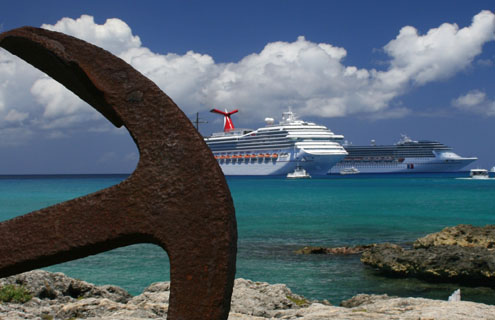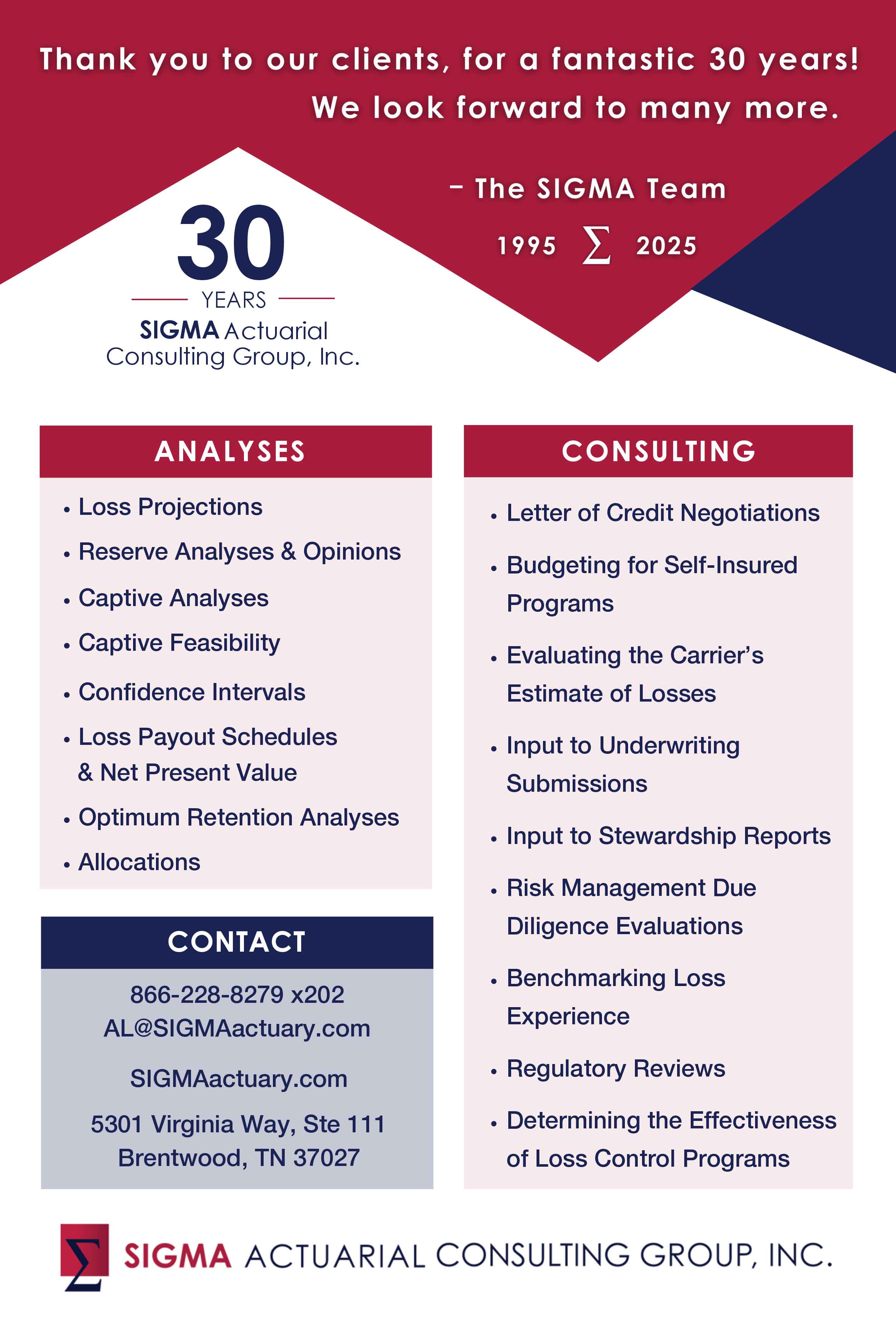The Cayman Islands is among the world’s most popular domiciles
The Cayman Islands is having another successful year in captive insurance, with the Cayman Islands Monetary Authority (CIMA) revealing that—as of 30 September 2015—there were 711 international reinsurers and insurers, including captives, domiciled. Some 679 of these were Class B insurers, 31 were Class C and one was Class D. Since the start of 2015, CIMA has licensed 15 international reinsurers and insurers.
Mark Kay, senior account manager at Atlas Insurance Management, which manages a large number of captives across different offshore and onshore domiciles, says that many of its larger and more complex captive clients are domiciled in Cayman, including large groups and multinational companies. Atlas currently has 11 licensed captives in Cayman, with three new ones in the pipeline. It has recently overseen the licensing of a large medical stop-loss programme and plans to utilise the segregated portfolio company (SPC) structure. Kay also says that Atlas is considering taking advantage of the new portfolio insurance company (PIC) structure, too.
Charismatic Cayman
With CIMA licensing a healthy number of captives each year and local players remaining busy, what is it that attracts companies and international insurers to domicile in Cayman? According to Ruwan Jayasekera, deputy head of insurance supervision at CIMA, one of the reasons Cayman is an attractive place to domicile is its engagement in the vigorous international cooperation regimes, complemented by robust anti-money laundering and countering of terrorist financing programmes. He also suggests that another reason is CIMA’s active representation in various international insurance standard setting bodies, including the International Association of Insurance Supervisors (IAIS), Group of International Insurance Centre Supervisors (GIICS) and the Caribbean Association of Insurance Regulators (CAIR).
Jayasekera believes that companies and international insurers are also attracted to Cayman because the domicile is focused on the importance of the financial services industry to its economy, and they are impressed by the commitment from successive governments to provide the necessary policy and legislation to facilitate orderly development of the industry.
Cayman’s location is another advantage as it is within such close proximity to the US. This means that there is a ready availability of service from different airlines flying into Grand Cayman from the US, Canada and the UK, meaning an easy commute to the offshore domicile and global business opportunities. If companies and insurers are going to domicile their captive, they also want to ensure that the currency in which they domicile is stable, says Jayasekera, who believes that Cayman is popular because of its stable currency pegged to the US dollar.
He adds: “There are also a large number of top-quality service providers for fund administration, insurance and company management and fiduciary services, both independently owned and members of well-known international groups”. This allows companies and insurers to be reassured by the presence of top-end service providers, giving them confidence to domicile in Cayman.
Cayman’s culture of consultation and cooperation between government agencies, including CIMA, and the industry is also an attractive feature. According to Jayasekera: “The industry, CIMA and government working groups are frequently used to address sectors requiring attention”.
A healthy state of affairs
An area in which Cayman has long been strong is healthcare. Kay says: “The origin and growth of healthcare captives in Cayman is well documented: from the founding days of CRICO and its affiliation with Harvard Medical School to the present day market leader in healthcare captives.”
Cayman has been involved in the healthcare sector since mid-1970s and the medical malpractice insurance crisis in the US. The domicile capitalised quickly, introducing early captive legislation that favoured the healthcare sector. To this day, Kay says: “Cayman maintains its standing as the jurisdiction of choice.”
Jayasekera believes that several factors have led to the success of Cayman achieving this status. These include the high levels of expertise and experience in service areas such as insurance management, legal accounting and banking.
He adds that a robust, flexible and competitive regulatory regime, which is in compliance with internationally accepted best practices,has also led to Cayman’s success in the healthcare sector.
CIMA’s position as “a responsive, pragmatic and accessible regulator” has also contributed to Cayman’s success, says Jayasekera. A regulatory framework of Cayman’s calibre allows for “innovation and opportunity for healthcare sector organisations, large or small, to put their captive structures to more non-traditional or sophisticated use”.
Les Boughner, chairman of Advantage’s business insurance division, believes it is interesting to look at how some domiciles gravitate towards certain businesses. He says: “Cayman has done that for healthcare. Very early on they took the time to understand the US healthcare industry and their need for a captive solution. They recognised that even non-profit healthcare providers were better suited in an offshore jurisdiction.
By developing this expertise and understanding US healthcare providers were attracted to the receptivity of the Cayman regulators. Cayman has, by far, been very supportive of US healthcare.”
Given Cayman’s current popularity, is there room for captive insurance to grow in the domicile? Jayasekera believes that the emergence of new captive insurance domiciles and captive structures being put to more sophisticated use by their owners show that the captive concept is still gaining global recognition.
He suggests that a captive’s ability to provide coverage for new and difficult-to-place risks in the commercial market, flexibility and the control that the captive structure offers for insurance programmes, risk management and cost efficiency are widely recognised. He says: “Cayman’s own experience with regard to new formations also supports our predictions that the captive insurance sector is there to grow.”
Boughner reveals that Advantage has seen an increase in the use of its cell captive facility. Advantage has two rent-a-captive facilities that provide both an onshore and offshore option. In the Cayman Islands, Advantage Property and Casualty SPC can create protected cells that can directly write or act as reinsurers depending on the client’s needs.
For both companies, Advantage provides all of the back-office administrative support including policy design, accounting, corporate activities and regulatory reporting. Clients can provide their own capital to their cells or rent capital from Advantage.
Boughner explains that the relevant Cayman legislation, which came into effect in 2013, streamlined the process for cell captives, and he believes “everybody’s comfortable with it”.
In early 2015, CIMA updated the PIC law, enhancing the risk management options available to insurance participants in Cayman. Jayasekera explains that a PIC, which is an incorporated company within an SPC structure, offers several benefits, including the ability to transact with other PICs and standalone reinsurance and insurance companies, the ability to have a different board of directors to that of its controlling SPC, and recognition as a separate legal entity.
In addition, CIMA is also currently in the final stages of development of a regulatory framework to review internal capital models (ICMs). Jayasekera explains: “ICMs allow reinsurers and insurers to better integrate the processes of risk and capital management within in the company.” CIMA has also introduced new, and updated existing, rules on outsourcing arrangements, risk management, market conduct and money laundering.
Cayman’s international insurance sector has also seen increased interest from hedge funds seeking opportunities to participate in insurance profitability through the formation of the structures commonly referred to as ‘Hedge Fund Re’ vehicles.
Looking forward into 2016, Jayasekera revealed that a new licence subcategory, a Class B(vi) insurer licence, to encourage small to medium open-market reinsurance and insurance companies to form their companies in Cayman.





